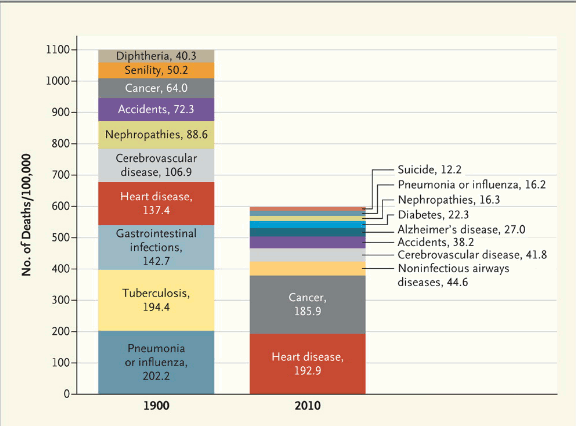Embarking on a career as a medical assistant (MA) is an excellent starting point for those considering a future in nursing. The in-depth training and real-world experience gained in a medical assistant role provide a solid foundation for advancing into more specialized healthcare positions, including registered nursing.
Why Start as a Medical Assistant?
Starting your healthcare journey as a medical assistant offers a unique blend of clinical and administrative experiences that are invaluable in the nursing field. MAs gain firsthand experience in patient care, learn to manage healthcare settings and develop critical interpersonal skills. These foundational skills not only make the transition to nursing smoother but also build a strong professional demeanor.
Essential Skills MAs Bring to Nursing
Medical assistants acquire a wide variety of skills that are directly transferable to nursing:
- Clinical Competence: MAs perform tasks such as taking vital signs and administering medications, providing a practical understanding of patient care.
- Administrative Proficiency: Experience with medical records and appointment scheduling sharpens organizational skills essential for nursing.
- Patient Interaction: Daily interactions with patients develop communication skills that improve patient education and advocacy in nursing roles.
Educational Advantages for MAs Entering Nursing
For medical assistants looking to transition into nursing, a solid educational foundation can make the career change a little easier. Many nursing programs recognize the valuable skills and knowledge that MAs bring to the table, sometimes offering course credits for their prior experience. This can reduce both the time and the cost of nursing education, making it a more accessible goal.
Also, the hands-on experience that MAs gain in their roles doesn’t just disappear; it provides them with a practical skill set that is highly beneficial in nursing school. This experience can give them a leg up in clinical training environments, allowing them to integrate more smoothly into their new roles and excel in their studies.
How Real-World Experience Gives MAs a Competitive Edge
MAs develop a strong understanding of healthcare dynamics, making them well-prepared and competitive candidates for nursing positions. This background can boost your confidence in clinical settings as MAs become familiar with the healthcare environment, which improves overall success and efficiency in patient care.
The real-world exposure ensures that former MAs are adept at handling the pressures and responsibilities of nursing roles, often making them preferred hires. Additionally, the experience helps in developing a keen ability to anticipate patient needs and manage a variety of medical situations, ultimately enriching the quality of care that one is able to provide as a nurse. This foundational experience ensures that MAs moving into nursing are well-prepared and adaptable, making them highly effective in their new roles.
Pathways from MA to Nursing Careers
There are many different routes that medical assistants can take when transitioning into nursing careers, including:
Several pathways help MAs transition into nursing:
- LPN/LVN Programs: These programs serve as a popular first step for MAs looking to expand their scope of practice and take on greater responsibilities in patient care.
- Bridging Courses: Tailored specifically to bridge the professional gap between MA and registered nurse (RN) roles, these courses deepen clinical knowledge and skills.
- Accelerated BSN Programs: For MAs who already hold a bachelor’s degree in another field, accelerated Bachelor of Science in Nursing (BSN) programs offer a fast-track route into nursing, condensing several years of study into just 12-18 months.
- Associate Degree in Nursing (ADN): This two-year program provides a solid foundation in nursing, preparing MAs for the RN licensure exam and offering a comprehensive overview of nursing principles.
- Online Nursing Programs: Flexible online programs allow MAs to pursue nursing education while continuing to work, providing a balance that supports both professional growth and personal commitments.
Transition Tips for MAs Pursuing Nursing
If your goal is to transition from an MA role to working as a nurse, there are a few useful strategies you can keep in mind:
- Continually pursue further education and certifications to keep on top of the latest medical advancements.
- Networking is crucial, so use your connections with healthcare professionals and seek mentorship from experienced nurses for valuable insights and guidance.
- Seek out diverse clinical experiences across various medical settings to enhance your adaptability and understanding of the healthcare environment.
Building a Strong Foundation for Your Nursing Future
Are you ready to take the next step in your healthcare career? Consider starting as a certified medical assistant to build a strong foundation for a fulfilling nursing career. Allen School of Health Sciences is committed to providing the education and resources necessary to embark on this promising career path, establishing a clear path to medical assistant certification.
Contact Allen School of Health Sciences today to learn more about how to become a medical assistant now!

